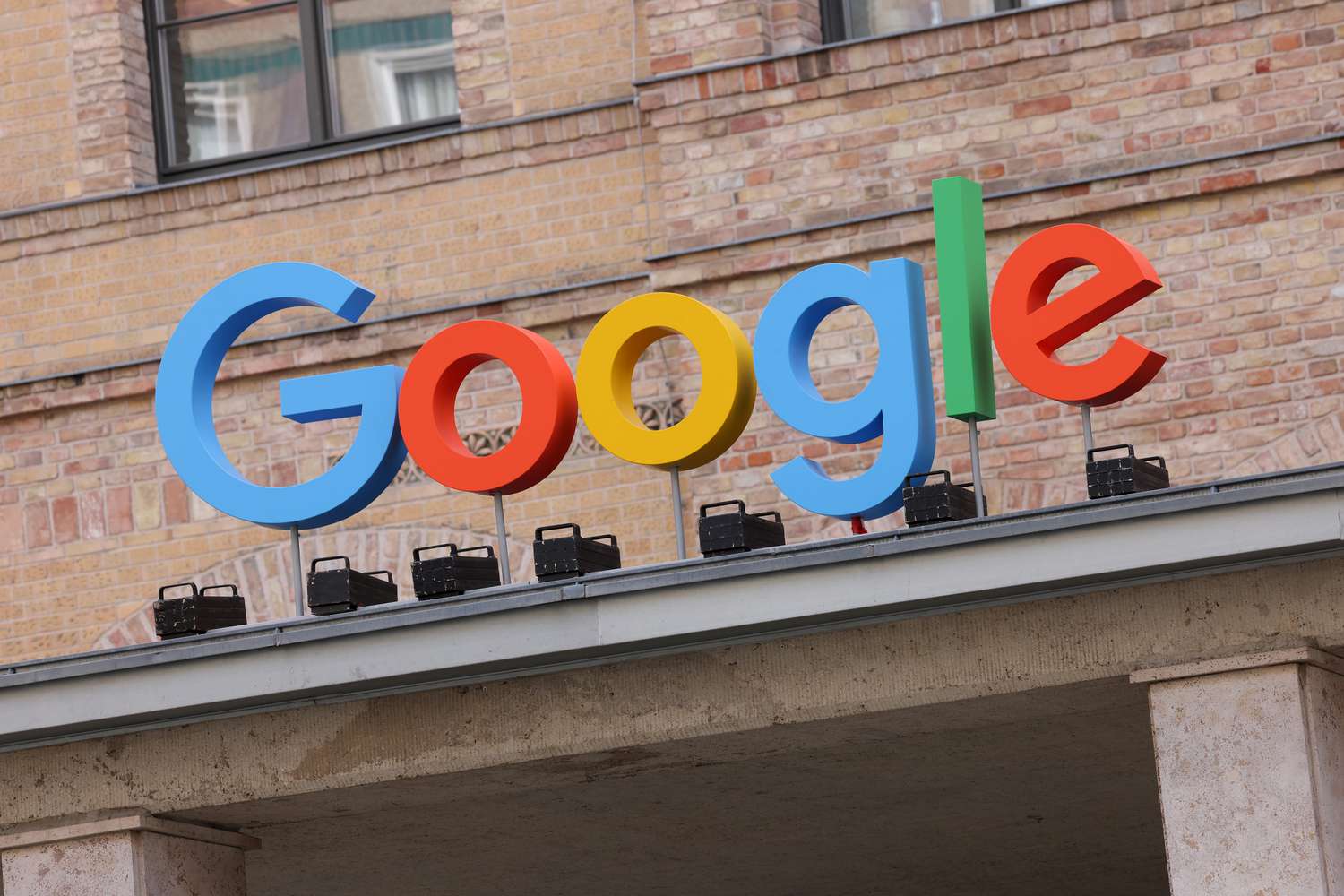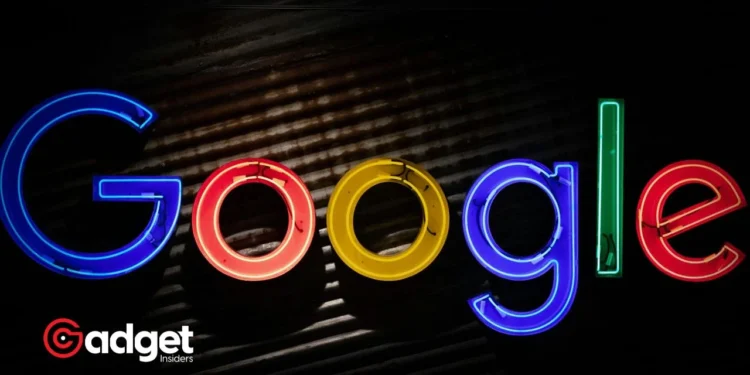In a groundbreaking development that could redefine the internet search landscape, Google is reportedly contemplating the introduction of a paywall around its advanced, AI-powered Search Generative Experience (SGE). This strategic pivot, if implemented, would mark a historic shift for the tech behemoth, transitioning a core aspect of its services into a premium, subscription-based model for the first time.

The Genesis of a New Era
According to a recent Financial Times report, which draws on insights from unnamed sources within the industry, Google is evaluating the feasibility of integrating certain AI-driven search functionalities into its premium subscription service, Google One.
Priced at $20 per month, Google One currently provides access to an array of tools, including the Gemini chatbot, a part of the company’s expansive suite of applications. The discussions around this potential paywall underscore the tech giant’s ambition to harness the burgeoning capabilities of artificial intelligence within its search domain.
Despite the absence of a full rollout, the very notion of gating the Search Generative Experience behind a paywall has ignited a flurry of debates among publishers and analysts, particularly concerning its implications on web traffic and the tech giant’s longstanding dominance in the search market.
A Delicate Balancing Act
As Google’s engineers dedicate their expertise to developing the necessary technology to support this venture, the company’s executive team remains divided.
The crux of their deliberation lies in striking a delicate balance between innovating for the future and preserving the essence of Google’s universally accessible search engine, which has consistently commanded over 90% of the global search market share.
🇺🇸 GOOGLE PLANS TO CHARGE USERS FOR AI-POWERED SEARCHES
The move marks the first instance of Google putting its core product behind a paywall, reportedly to make use of the quickly evolving world of AI.
Google Spokesperson:
"We're not working on or considering an ad-free… pic.twitter.com/RxoBBNKLPr
— Mario Nawfal (@MarioNawfal) April 4, 2024
This move comes against the backdrop of Google’s search advertising sector generating a staggering $175 billion in revenue in 2023 alone, constituting approximately half of the company’s total earnings. The introduction of a paywall, however, raises critical questions about the future of this revenue stream and the broader impact on the digital publishing ecosystem.
The Implications for Publishers and Google Alike
A report by ad-sales company Raptive has shed light on the potentially seismic shifts awaiting digital publishers, with projected traffic declines ranging between 20% and 60%. Such statistics have sent ripples of concern through the industry, with analysts like Wedbush’s Dan Ives expressing cautious optimism.
Ives acknowledges the uncertainties looming over the broader deployment of SGE but remains bullish on its long-term monetization prospects, potentially rivaling or even surpassing traditional search revenues.
In response to these swirling speculations, a Google spokesperson offered a glimpse into the company’s forward-looking vision, stating, “For years, we’ve been reinventing Search to help people access information in the way that’s most natural to them.
With our generative AI experiments in Search, we’ve already served billions of queries, and we’re seeing positive Search query growth in all of our major markets. We’re continuing to rapidly improve the product to serve new user needs.” Despite the buzz, Google maintains that it has no immediate announcements to make regarding the paywall.

The Market Reacts
The news of Google’s potential paywall experiment has not gone unnoticed by the market, with shares of the company experiencing a slight dip in Thursday morning trading. This investor sentiment reflects the broader uncertainty and anticipation surrounding Google’s strategic direction in the AI-powered search arena.
As the digital landscape stands on the brink of this transformative phase, the industry watches with bated breath. Google’s foray into premium, AI-enhanced search features could herald a new age of internet exploration, one where the value of advanced technology intersects with the willingness of users to pay for an enriched, personalized search experience.
The ultimate decision, however, remains in the hands of Google’s leadership, leaving the world to speculate on the future of search in an AI-dominated era.










